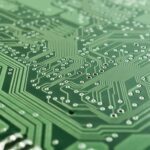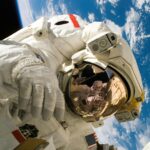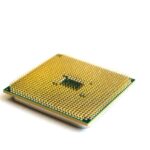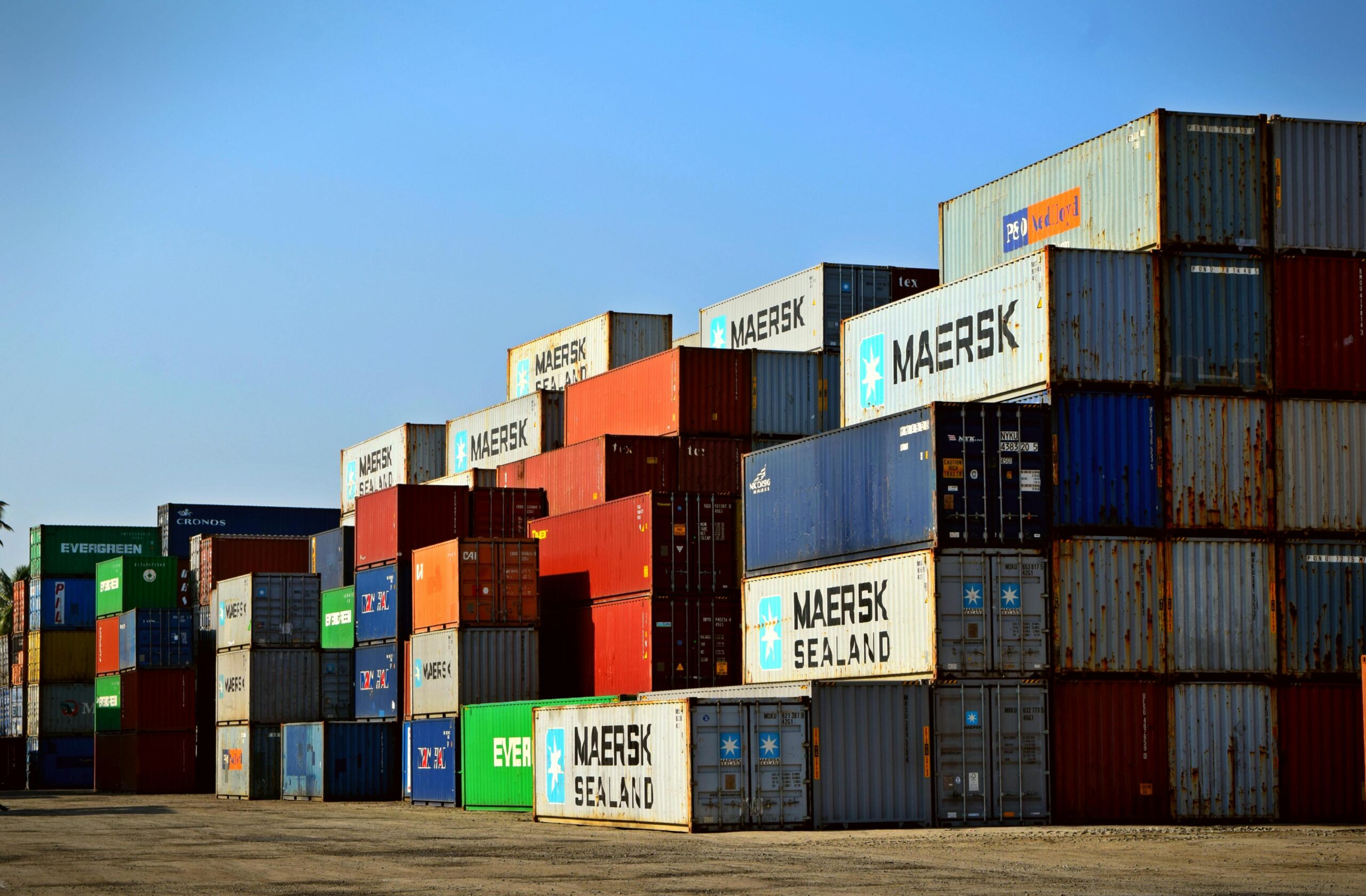Data Science vs Software Engineering
Data Science vs Software Engineering — Which Will Grow Faster after 2025?
Who wins after 2025 — Data Science or Software Engineering? Detailed, beginner-friendly analysis of job growth, salaries, AI impact, skills, roadmaps, and how to pick the best career path.
⭐⭐⭐⭐⭐
- Data Science is projected to grow faster percentage-wise than software engineering through the 2020s as businesses invest heavily in analytics and AI tooling.
- Software Engineering will still produce far more absolute job openings and remain the backbone of product and infrastructure work; many software roles will evolve (AI-enabled dev tools, platform/infra roles).
- AI is the wild card: it’s creating high-growth, high-pay roles (ML engineers, AI product engineers, prompt engineering) that sit between the two disciplines — and it impacts both.
- Bottom line: If you want faster growth & novelty, lean Data Science/AI. If you want large demand + many paths + stable pipeline, lean Software Engineering. Best answer: learn both enough to cooperate — that’s where the market is moving.
1. Mmmm…💭What do we mean by “Data Science” and “Software Engineering”🤔?
- Data Science = extracting insights from data: cleaning, exploring, building models (statistics, ML), communicating results. Think: analysis, experimentation, modelling, dashboards.
- Software Engineering = designing, coding, testing, and maintaining software systems: apps, APIs, backend, frontend, mobile, cloud infra. Think: building production systems that people actually use.
They overlap a lot — data engineers, MLOps, ML engineers, and full-stack engineers often sit in both camps. Consider them cousins, not sworn enemies.
2. The big-picture growth numbers
- The U.S. Bureau of Labor Statistics projects data scientists to grow ~34% from 2024 to 2034 — much faster than average. That’s huge.
- The same BLS release projects software developers, QA analysts, and testers to grow ~15% from 2024 to 2034 — also strong, but roughly half the percentage growth of data science. Importantly, the software group translates to a much larger number of annual openings because the base is bigger.
So — percentage growth favors Data Science, but absolute job volume and breadth favor Software Engineering. (EG: a 15% slice of a larger pie can be more slices in total.)
3. Why does data science show higher percentage growth?
- More data, more questions. Every organization is collecting more data and needs people who can analyze it, build models, and measure outcomes.
- AI/ML productization. Businesses want to convert ML prototypes into products (personalization, fraud detection, forecasting), so demand for data-savvy people spikes.
- New job types. Roles like ML engineer, MLOps specialist, and data product manager multiply the visible “data” headcount.
4. Why software engineering remains massively important
- Software is the production engine that makes models useful: APIs, scalability, reliability, security, UX. The world still needs engineers to build and maintain systems.
- The volume of software (mobile apps, cloud services, embedded systems, IoT, fintech, gaming) creates steady demand across industries — not just tech startups.
- Even with AI coding assistants, complex system design, debugging, and team collaboration remain human-centric skills.
Short intuition: data scientists ask what and why; software engineers build how.
5.how generative AI changes both fields
- AI job listings — especially roles explicitly tied to AI — surged in recent years. Companies are hiring for ML specialists, AI product engineers, and platform roles.
- Big companies are paying premiums for AI talent and investing in internal AI platforms. This raises compensation and demand for people who can bridge modelling + production.
- AI augments many jobs (auto-completion for code, auto-analysis for data), which increases productivity but also changes required skill sets (e.g., MLOps, prompt engineering, evaluation metrics).
Net effect: AI increases demand for both good data scientists and experienced software engineers — especially those who can integrate AI safely and responsibly.
6. Salaries & compensation — what to expect
- Both fields have attractive pay, but top AI/data roles in major tech companies have particularly high packages lately. At the same time, experienced software engineers (esp. systems, infra, ML infra, security) command premium pay.
- Geography, company size, and domain (finance, health, defence) matter more for pay than the job title itself.
7. Hiring market signals: demand, layoffs, and hiring freezes
- 2023–2024 saw big hires then corrections; 2025 shows a more selective market but AI roles remain resilient. Some software roles saw short-term dips in listings post-hiring-boom, but long-run demand is still positive.
- That means junior candidates may face more competition in some markets; niche skills (ML infra, cloud, security) help cut through the noise.
8. How automation/AI changes the day-to-day in each job
- Data Science: More auto-feature tools and AutoML — but business context, causal thinking, and productionizing models still require human judgment.
- Software Engineering: AI can write boilerplate and tests, but system architecture, distributed systems debugging, and product tradeoffs stay human-led.
Automation makes both fields more productive — and raises the value of higher-level skills (design, evaluation, domain expertise).
9. After 2025 where the most growth and opportunity will be?
- AI / ML product roles: ML engineers, MLOps engineers, AI platform engineers. (Cross of data + software.)
- Data roles in regulated industries: healthcare, finance, biotech — demand for domain-savvy data people.
- Cloud & distributed systems: as AI models become bigger, infra + optimization + cost-control roles scale.
- Edge & embedded software: IoT and on-device ML open software engineering niches that won’t be easily automated.
10. How to choose: a practical checklist
Answer these to pick a path:
- Do you like math/statistics & storytelling with data? → Lean Data Science.
- Do you like building products, architecture, or low-level systems? → Lean Software Engineering.
- Do you enjoy both? → Aim for MLOps, ML engineering, full-stack ML, or data engineering (best of both worlds).
- Want fastest percentage growth & novelty? → Data Science/AI specializations.
- Want broader hiring market & many career ladders? → Software Engineering.
11. Roadmap: skills to learn (zero-to-Job)
Below are two compact roadmaps (beginner-friendly). Time estimates depend on time commitment.
Data Scientist Roadmap (beginner → hireable)
- Foundations: Python, basic statistics, SQL, data cleaning.
- Visualization: Matplotlib/Plotly/edashboards, storytelling.
- Modeling: Supervised learning, logistic/regression, tree-based models (XGBoost), evaluation metrics.
- ML tools: Scikit-learn, PyTorch or TensorFlow (basic).
- Production & infra: SQL + data pipelines, Docker basics, introduction to MLOps (model deployment).
- Portfolio: 2–3 end-to-end projects with code + short blog posts (notebooks + deployed app).
- Suggested extras: domain knowledge (finance/health) and soft skills (communication).
Software Engineer Roadmap (beginner → hireable)
- Foundations: One language well (Python/Java/JS/C#), data structures & algorithms (basics).
- Web basics: HTML/CSS/JS for frontend OR backend (APIs with Node/Express, Django/Flask).
- Databases: SQL + NoSQL fundamentals.
- System design basics: REST, auth, caching, scaling, testing.
- DevOps basics: Git, CI/CD, Docker, cloud intro (AWS/GCP/Azure).
- Portfolio: 2–3 production-ish projects (hosted on cloud/GitHub + README).
- Suggested extras: distributed systems, security, performance tuning.
12. Where to invest your learning time (best ROI)
- If you want the higher growth curve fast: prioritize statistics + ML basics + SQL + Python + a deployed project.
- If you want resilient demand: invest in software engineering fundamentals + cloud + system design + testing.
- If you want to maximize hiring options: do both basics: data fundamentals plus software engineering production skills (MLOps!) — this combo is golden.
13. FAQs (short, SEO-friendly)
Q: Will software engineers lose jobs to AI?
A: AI can automate boilerplate, but not system design, product thinking, and complex debugging. Expect role evolution, not extinction.
Q: Is data science saturated?
A: It’s more competitive than before, but BLS projects strong growth (so more jobs will exist). Differentiation via domain expertise and production skills matters.
Q: Which pays more — software or data science?
A: Both can pay very well. AI-specialist roles and senior SW engineers at top firms often lead compensation lists. Geography and company matter a lot.
Q: Should I learn ML or web dev first?
A: If you want immediate product roles, web/dev. If you love data, start ML foundations and SQL. Both are useful.
14. Region & industry differences
- U.S. & Western Europe: High pay, many AI roles, strong demand for ML infra. BLS projections cited earlier are U.S.-centric but indicative.
- India & APAC: Fast growth in data roles (fintech, e-commerce, healthtech). Cost-sensitive companies hire more junior/full-stack roles but also invest in AI centers.
- Regulated industries (health, finance): High demand for data scientists who understand compliance and domain-specific modelling.
15. The smartest career play
- Short term (first 1–2 years): Learn software engineering fundamentals + SQL + one data/ML project. This gives employability and options.
- Medium term (2–5 years): Specialize: either become an ML engineer/MLOps (bridge role) or pick a deep software area (systems, security, infra).
- Why this works: You capture the high-growth aspects of data science while keeping the broad employability of software engineering. Employers love people who can ship models into production.
Discuss more in Comments — what are you going to choose?
Share your pick below 👇 — every opinion matters!
Imagine careers are playlists. Software Engineering is the greatest hits album: reliable, lots of tracks, gets radio play forever. Data Science is the rising indie artist — meteoric growth, trendier, drops bangers that everyone listens to when the moment’s right. Best strategy? Build a playlist with both — you’ll never get bored, and every hiring manager will secretly want to hit shuffle. Discuss more in Comments what you are going to choose?
All the Best🤞.
Thanks!! bidyutmaishal.com – Made With ❤️.
Follow our active whatsapp community where we post daily more than 10+jobs in various domain.
More Posts:























Post Comment